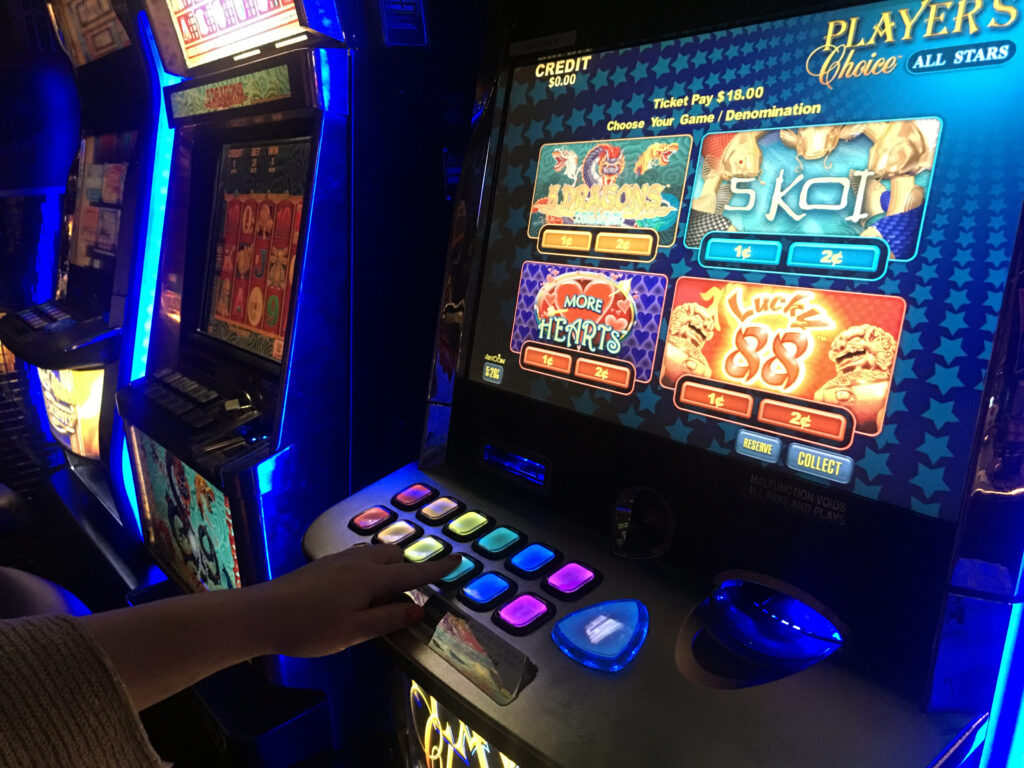Online slot games have become a ubiquitous form of entertainment in the digital age, captivating millions of players worldwide. At first glance, they may appear simple: colorful graphics, flashing lights, and spinning reels. However, beneath this surface lies a complex psychological landscape that keeps players engaged and coming back for more. One key element of the allure of online slot games is the concept of intermittent reinforcement. This psychological phenomenon is based on the idea that unpredictable rewards are more motivating than predictable ones. In slot games, players are rewarded randomly and infrequently, creating a sense of anticipation and excitement with each spin. This intermittent reinforcement schedule keeps players hooked, as they never know when they might hit the jackpot, leading to a continuous cycle of spinning the reels in hopes of a big win.
Moreover, slot games are designed with a variety of visual and auditory cues that trigger pleasure centers in the brain. The bright colors, cheerful sounds, and animated graphics activate the brain’s reward system, releasing dopamine—a neurotransmitter associated with pleasure and motivation. This creates a pleasurable experience for players, encouraging them to continue playing in pursuit of that feel-good sensation. Another psychological aspect at play in online slot games is the concept of near misses. These occur when a player comes close to winning but falls just short, such as when two jackpot symbols appear on the reels alongside a third one just above or below the winning line. Despite technically being a loss, near misses elicit a sense of almost-winning, tricking the brain into believing that success is within reach. This near-win experience fuels the player’s motivation to keep spinning the reels, as they feel compelled to continue playing in hopes of achieving that elusive victory.

Additionally, the element of social proof contributes to the popularity of online slot games. Many platforms display leaderboards or notifications of recent wins, creating a sense of competition and social comparison among players. When individuals see others winning, they are more likely to believe that they too can succeed, driving them to continue playing in pursuit of similar outcomes. This social reinforcement validates the activity of playing slot games and strengthens the desire to participate further. Furthermore, the accessibility and convenience of online slot games play a significant role in their widespread appeal. With the rise of smartphones and tablets, players can access their favorite slot games anytime, anywhere, allowing for quick and easy gameplay during moments of downtime. This accessibility fosters habitual behavior, as players integrate slot games into their daily routines, further reinforcing the cycle of play.
In conclusion, the psychology behind online slot games is multifaceted and deeply ingrained in human behavior. From intermittent reinforcement to the allure of near misses, the design of these games is meticulously crafted to keep players engaged and entertained. By tapping into fundamental aspects of human psychology, online slot games have become a staple of digital entertainment, captivating players with their irresistible combination of excitement, pleasure, and the promise of a big win.






